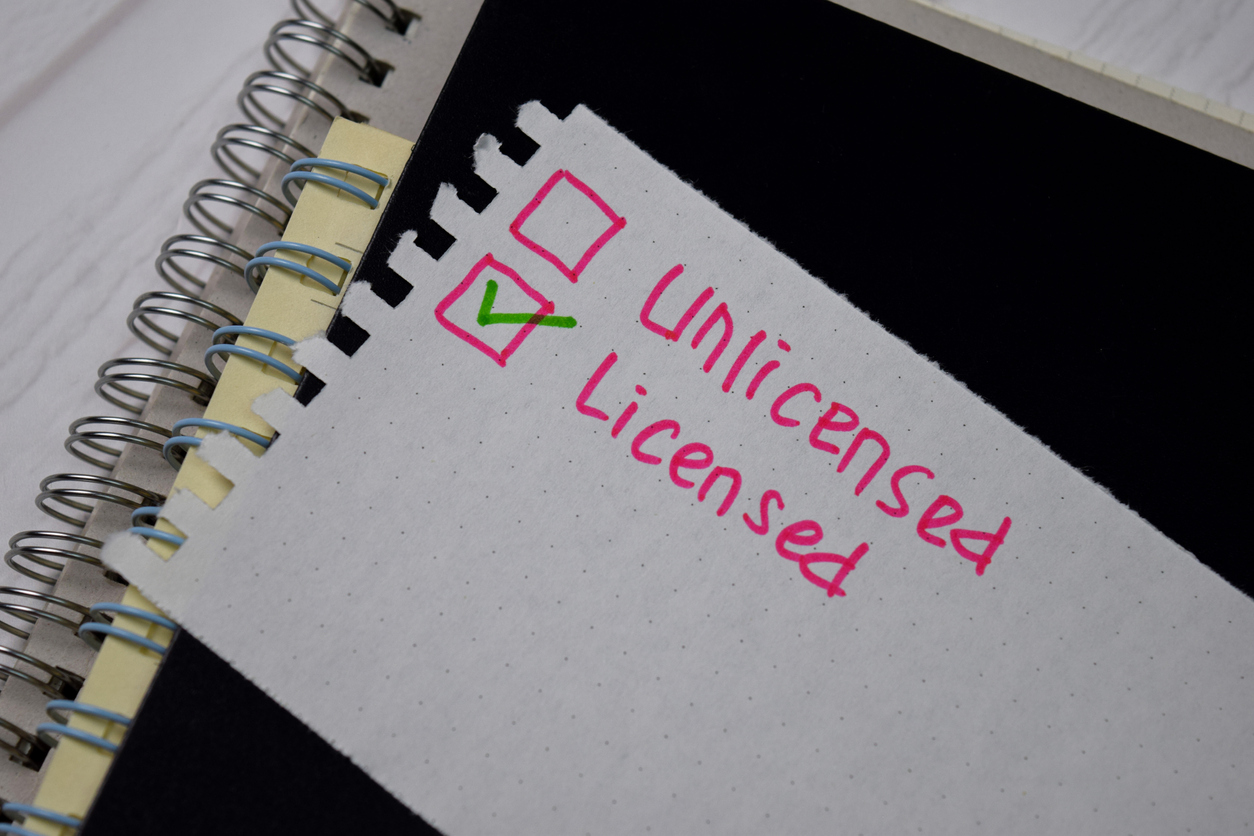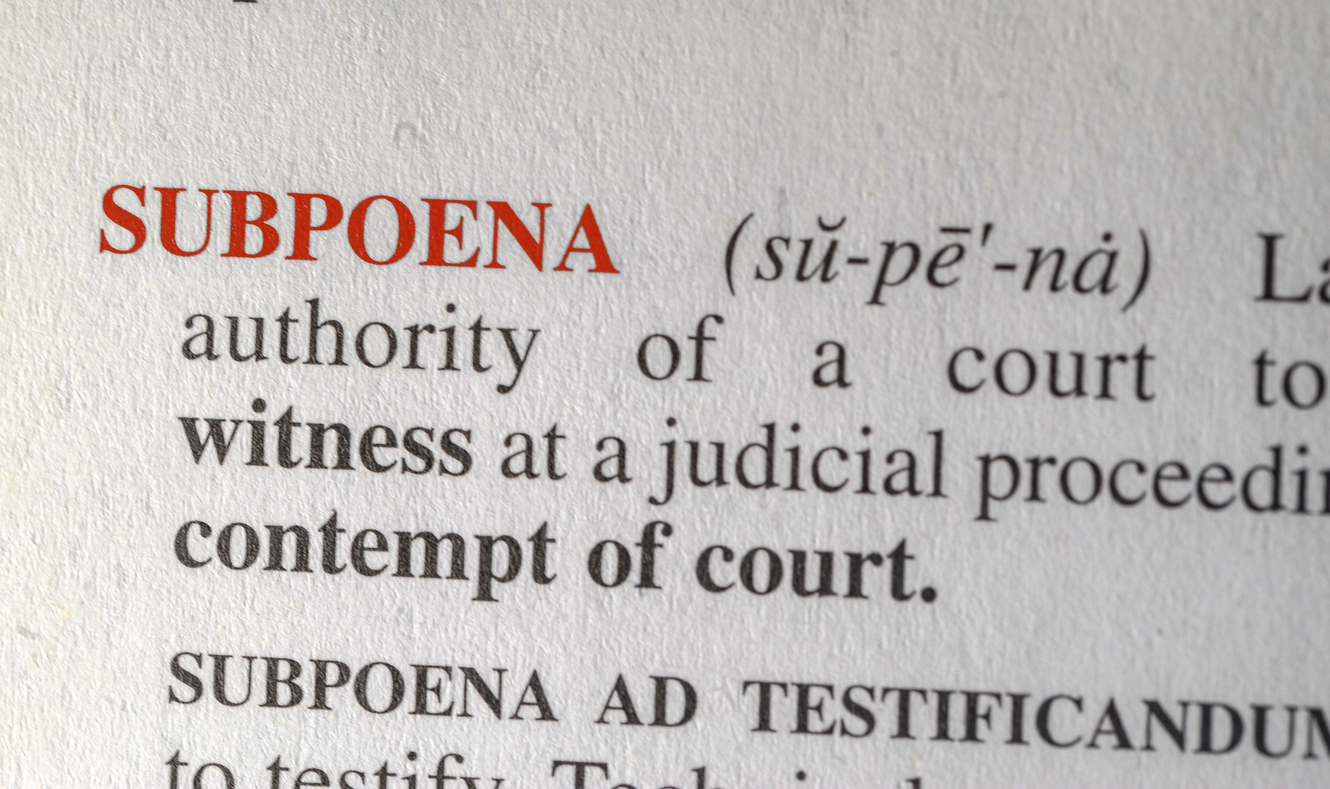A question that has been on the minds of numerous public adjusters throughout the state of Florida is, “Can I prepare and submit a Notice of Intent to Litigate?” Is doing so the unlicensed practice of law?
Let’s look at the rules in Florida for the unlicensed practice of law:
[I]n determining whether the giving of advice and counsel and the performance of services in legal matters for compensation constitute the practice of law it is safe to follow the rule that if the giving of such advice and performance of such services affect important rights of a person under the law, and if the reasonable protection of the rights and property of those advised and served requires that the persons giving such advice possess legal skill and a knowledge of the law greater than that possessed by the average citizen, then the giving of such advice and the performance of such services by one for another as a course of conduct constitute the practice of law.1
Applying Florida Statute 627.70152 can be a disaster. Robert Gregory has just completed a 3-part series in which he describes the major legal issues that can arise from its application. It is logical to conclude that the reasonable protection of an insured’s rights requires the notice to be completed by someone possessing greater legal skill and knowledge than the average citizen.
I had a discussion with a leading attorney in the property insurance industry, and his thoughts were as follows:
I do believe that a notice of intent should be filed by the attorney because you have to analyze the law and apply facts to the law in order to properly submit the notice. If you submit it incorrectly, you could subject the property owner to paying attorney’s fees to the other side.
However, until a PA has been accused of unlicensed practice of law, who really knows. My personal opinion is; NO! Why? Because this is a pre-suit notice requirement that has to comply with statutes that involve interpreting the statutes and giving legal advice in order to comply. Don’t take the chance. Give it to an attorney.
Others in the industry have focused on language in the statute which states, “. . . provided by an attorney or other representative. . .”
Ultimately, my friend is right. Until a public adjuster is accused of the unlicensed practice of law, who really knows? However, as someone who is particularly risk-averse, my advice would be to let an attorney do the Notice of Intent.
_________________________________________
1 Fla. Bar v. TIKD Servs. Ltd. Liab. Co., 326 So. 3d 1073, 1077-78 (Fla. 2021).




